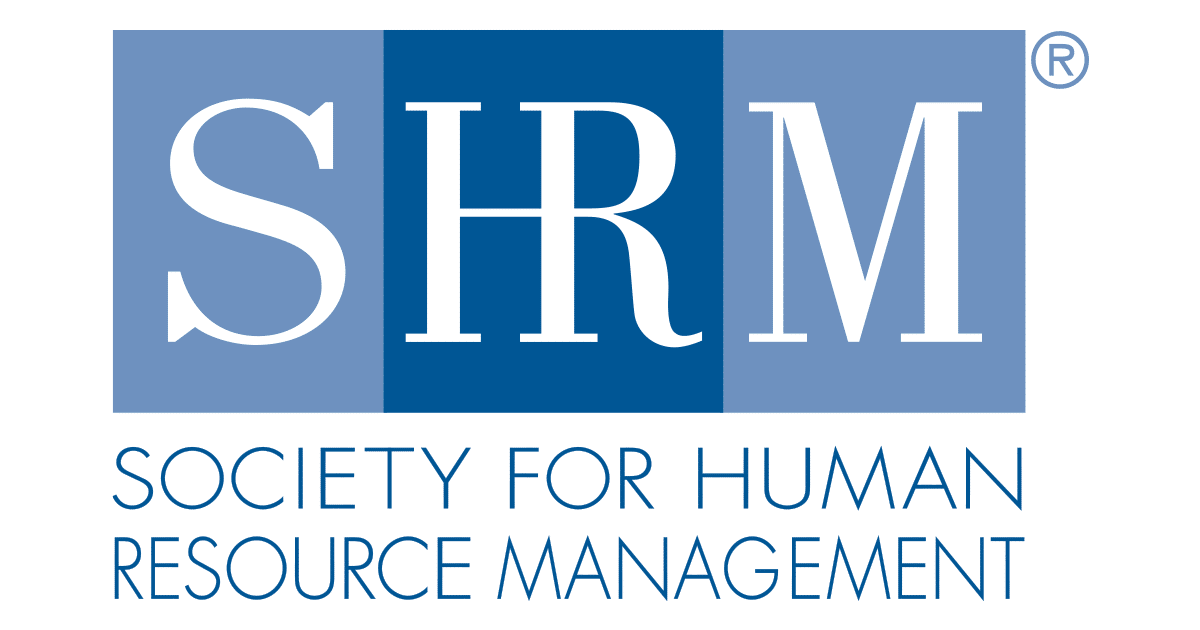As healthcare continues to evolve in 2024, one trend has become crystal clear: the demand for nurses in Skilled Nursing Facilities (SNFs) is rising at an unprecedented rate. With an aging population, the increasing prevalence of chronic diseases, and changes in the healthcare delivery system, nurses are more essential than ever in providing high-quality, compassionate care to patients in these facilities.
The Role of Nurses in Skilled Nursing Facilities
Nurses working in SNFs serve a critical function, delivering day-to-day medical care and rehabilitation services to individuals recovering from surgery, managing chronic conditions, or requiring long-term care. These nurses handle a broad range of duties, including medication administration, wound care, patient assessments, managing IV therapies, and collaborating with multidisciplinary teams like physical therapists, doctors, and social workers.
One of the unique aspects of SNFs is that, unlike hospital settings, nurses can often build long-term relationships with their patients. Many residents live in these facilities for extended periods, which allows nurses to form deep connections with those they care for, providing both medical care and emotional support.
Q&A with a Long-Term Care Nurse, Fabienne Maitre: Insights from the Field
- What made you choose LTC nursing?
“I chose LTC because it’s very rewarding to help residents make it through the day. Most importantly, you can form long-term relationships with them, which is rare in other nursing fields.”
- How does working in SNF/LTC differ from other healthcare settings?
“In SNF/LTC, the patients are generally more stable. There are short and long-stay residents, typically for rehabilitation. SNFs provide care for patients who don’t need the intensive level of care offered by hospitals but still require medical support before returning to independent living.”
- What is the most rewarding part of being a nurse in LTC?
“The most rewarding part is ensuring that residents are safe, respected, and dignified throughout the day. Being their advocate and ensuring they receive the care they deserve makes the job fulfilling.”
- What qualities are essential for nurses in LTC?
“Compassion, patience, empathy, and respect are crucial. Strong leadership, organizational skills, and the ability to apply critical thinking in stressful situations are also important.”
- What advice would you give to nurses considering travel assignments in LTC/SNF?
“You have to change your mindset—it’s not a staff job. You’re there to provide excellent patient care. Avoid the staff drama, be a team player, and keep an open mind.”
What’s Driving the Demand for Nurses in SNFs in 2024?
Several key factors are fueling the rising demand for skilled nurses in SNFs:
- Aging Population
The U.S. population is aging rapidly, with the Baby Boomer generation retiring in large numbers. By 2030, the number of individuals aged 65 and older is expected to reach 73 million. Many will require the specialized care that SNFs provide, driving up the demand for skilled nurses to manage chronic illnesses, post-operative care, and rehabilitation services.
- Chronic Disease Prevalence
Chronic diseases like diabetes, heart disease, and Alzheimer’s are becoming more common. SNFs are equipped to handle long-term medical management of these conditions, and nurses in these settings play a pivotal role in adjusting care plans, monitoring patient progress, and preventing hospital readmissions.
- Shift from Hospital Care to Post-Acute Care
Rising healthcare costs have led to a shift in how care is delivered. Patients are being discharged from hospitals sooner and sent to SNFs to continue their recovery. This trend has increased the need for skilled nurses to manage complex cases and ensure positive outcomes in a more cost-effective setting.
- Workforce Shortages and Burnout
While the demand for nurses is rising, the nursing workforce faces significant shortages, partly due to burnout from the COVID-19 pandemic. This has left gaps, especially in long-term care settings like SNFs, where the need for skilled nurses to manage both clinical and emotional care is critical.
- Advanced Skills and Specializations
As the healthcare landscape becomes more complex, SNFs are increasingly seeking nurses with advanced skills in geriatric care, rehabilitation, wound management, and chronic disease care. Many facilities now prioritize hiring Registered Nurses (RNs) and Nurse Practitioners (NPs) with specialized knowledge to deliver high-quality care.
The Importance of Nurses in SNFs
Skilled nurses in SNFs make all the difference in patients’ recovery and quality of life. Here’s why they’re so essential:
– Patient-Centered Care: Nurses provide individualized care, tailoring plans to meet the unique needs of elderly and chronically ill patients, which promotes better health outcomes.
– Preventing Hospital Readmissions: Nurses play a critical role in monitoring patients for signs of deterioration and intervening early to avoid unnecessary hospitalizations.
– Emotional and Psychological Support: Long-term residents often see nurses as not only healthcare providers but also as trusted companions. Nurses in SNFs form close relationships, providing both medical care and emotional support, which is vital to overall well-being.
In response to nursing shortages, many SNFs are investing in workforce development initiatives such as tuition reimbursement, career advancement opportunities, and enhanced benefits to attract and retain talent.
As demand for skilled nurses in SNFs grows, facilities will need to focus on recruiting and retaining talent while investing in advanced training and professional development. Nurses in these settings are vital not only for providing clinical care but also for delivering the long-term support and emotional connection that patients and residents rely on.










